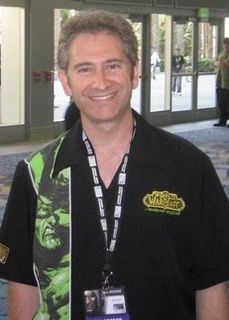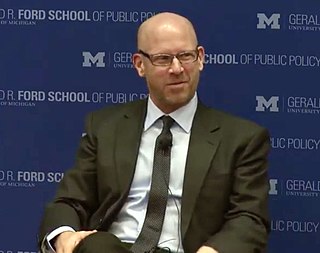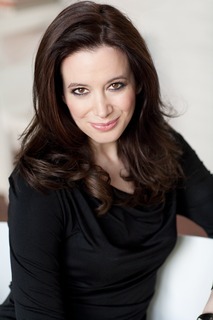A Quote by Gregory Benford
SF is a controlled way to think and dream about the future. An integration of the mood and attitude of science (the objective universe) with the fears and hopes that spring from the unconscious. Anything that turns you and your social context, the social you, inside out. Nightmares and visions, always outlined by the barely possible.
Related Quotes
We spend our whole lives worrying about the future, planning for the future, trying to predict the future, as if figuring it out will cushion the blow. But the future is always changing. The future is the home of our deepest fears and wildest hopes. But one thing is certain when it finally reveals itself. The future is never the way we imagined it.
The intellectual content of religions has always finally adapted itself to scientific and social conditions after they have become clear.... For this reason I do not think that those who are concerned about the future of a religious attitude should trouble themselves about the conflict of science with traditional doctrines.
Mental illness is a real thing. It has real material consequences for people who suffer from it and at the time even the most biological finding reflects social context in very important ways, and so I think psychiatry is better off looking both at biology and at social context and really trying to think of the relationship between these and I think doctors and patients are better off that way.
In my work, I am not attempting to predict the future. I am only pointing out what is possible with the intelligent application and humane use of science and technology. This does not call for scientists to manage society. What I suggest is applying the methods of science to the social system for the benefit of human kind and the environment.
You do a film and you have hopes for it, and you read it, and you see it one way in your head, and you shoot it, and it'll always change from what you started out. Sometimes it turns out better, sometimes it turns out; I don't know, but as movies go I've never experienced seeing and likening what I've read, and I liked what I read.
The fears that assault us are mostly simple anxieties about social skills, about intimacy, about likeableness, or about performance. We need not give emotional food or charge to these fears or become attached to them. We don’t even have to shame ourselves for having these fears. Simply ask your fears, “What are you trying to teach me?” Some say that FEAR is merely an acronym for “False Evidence Appearing Real.” From Everything Belongs, p. 143





































